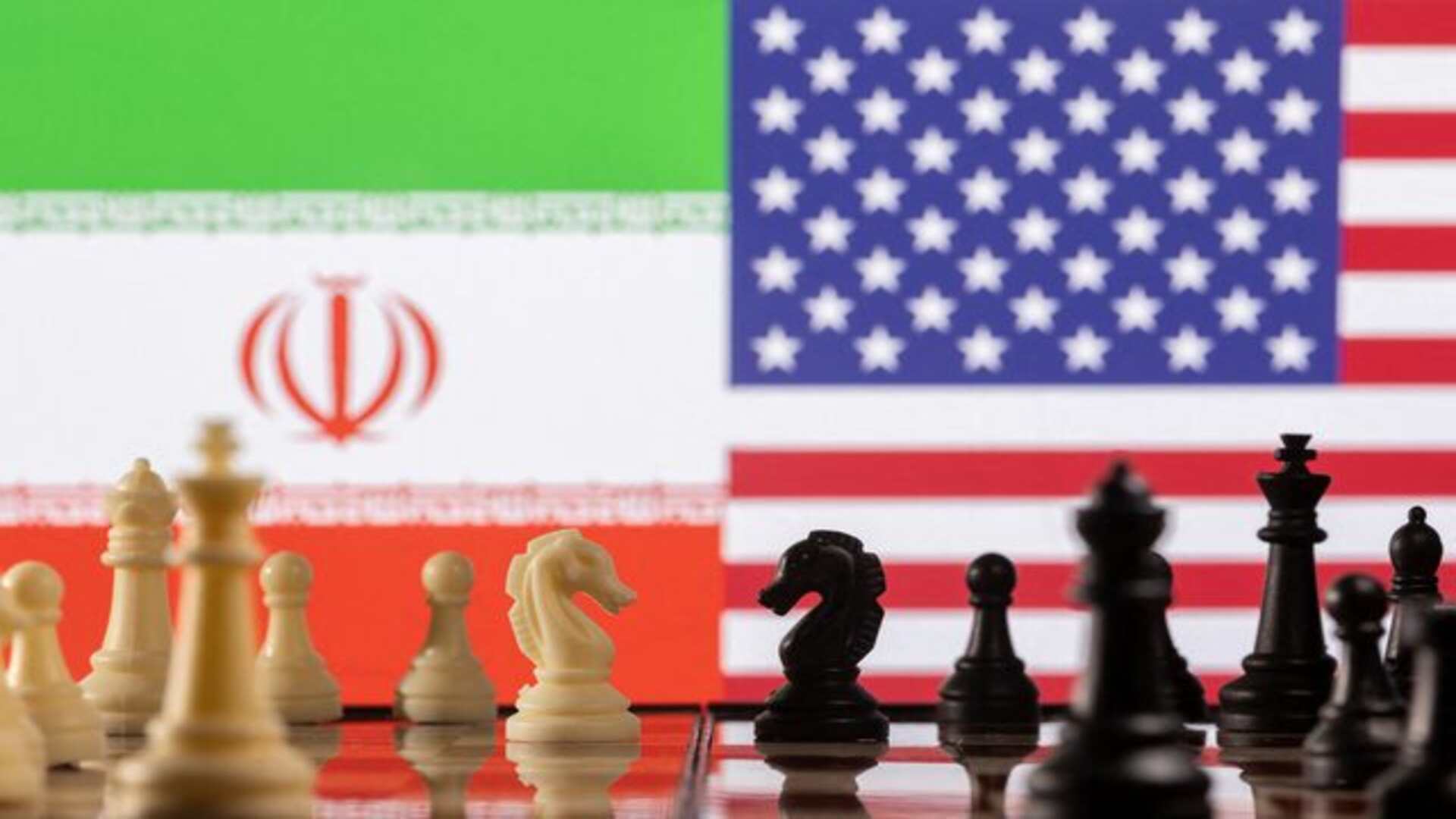The Iranian nuclear file: dialogues on the edge of the abyss
The Iranian nuclear file: dialogues on the edge of the abyss

.webp)
With Europe reviving sanctions and back-channel talks ongoing, Tehran faces stark choices between compromise and confrontation.
Tensions between Tehran and the West are intensifying after Europe triggered the “snapback mechanism,” allowing sanctions on Iran to be reinstated. Yet, U.S - Iranian communication channels remain open, according to an Iranian official who told "The Beiruter" that his country has presented concrete proposals to break the deadlock, stressing that both sides understand the catastrophic cost of diplomatic failure.
These remarks come against the backdrop of an almost complete halt in official negotiations since June, when Israel struck Iranian nuclear sites. Meanwhile, the International Atomic Energy Agency (IAEA) has been pressing for inspections to resume. The result is a fraught picture: diplomacy continues quietly behind the scenes, even as the European troika has given Tehran a one-month deadline before the full enforcement of UN sanctions.
Amid rising tension, diplomatic efforts are ongoing, the Iranian official insisted. “Channels of communication remain open, through ongoing meetings both direct and indirect tings sometimes indirect, sometimes direct between U.S. envoy Steve Witkoff and Iranian Foreign Minister Abbas Araqchi,” he said.
Iran is seeking to achieve a positive outcome, and so is the American side
Tehran is acutely aware of the risks, especially after Washington gave it one month to activate its monitoring cell. Following the June strike, the official warned, Iran recognizes that refusing to negotiate could lead to catastrophic consequences ranging from UN Chapter VII sanctions to an even larger military escalation.
A Conditional Proposal
This brinkmanship is forcing Tehran to revisit concessions it previously rejected. According to the official, “Tehran is prepared to reduce nuclear production to zero but only through a suspension or temporary freeze of enrichment, not permanently.” The proposal comes with conditions: guarantees that enrichment can be resumed after six months or a year, and at agreed levels. Success, he argued, also requires reciprocal U.S. steps such as lifting sanctions to restore the process “to its proper track.”
 Photo: Reuters.
Photo: Reuters.
Past Failures Cast a Shadow
The proposal faces the weight of past precedents. Iran has previously entered agreements under international pressure but later withdrew from them as circumstances changed. This history has prompted caution from the International Atomic Energy Agency (IAEA). Its Director, Rafael Grossi, has called on Tehran to reach an understanding “within days, not months” to enable the resumption of inspections, while noting uncertainty over the size of Iran’s current enriched uranium stockpile.
Core disagreements remain unresolved. Western governments are pressing for transparency regarding approximately 440 kilograms of enriched uranium and for comprehensive inspections. Tehran, in contrast, considers the issue part of its negotiating leverage and has linked any disclosure to prior guarantees. According to the Iranian official, Tehran might accept destroying the material or converting it into lighter substances provided such steps are supported by a new action plan backed by Russia and China.
Beyond the Nuclear File
For the West and regional powers, other issues weigh heavily. Iran’s ballistic missile program, its network of allied groups from Hezbollah in Lebanon to the Houthis in Yemen, and its human rights record. Tehran dismisses these as “deliberate obstacles” designed to derail a fair agreement.
Inside Iran, the divide is widening. Reformists warn that war is not in the country’s interest, while parliament has tightened restrictions, including freezing cooperation with the IAEA. Hardliners counter that Iran can withstand and prolong confrontation. “Tehran can drag the U.S. and Israel into a war of attrition, thanks to its missile capabilities and its vast territory,” the official claimed. “It can absorb strikes and retaliate if necessary.”
A Crossroads Moment
The nuclear file now stands at a crossroads: back-channel diplomacy offers a narrow path forward, while international pressure risks pushing all sides toward confrontation. None of the actors especially Israel claim to want open conflict. Yet all are preparing for a scenario that edges closer to the abyss.

